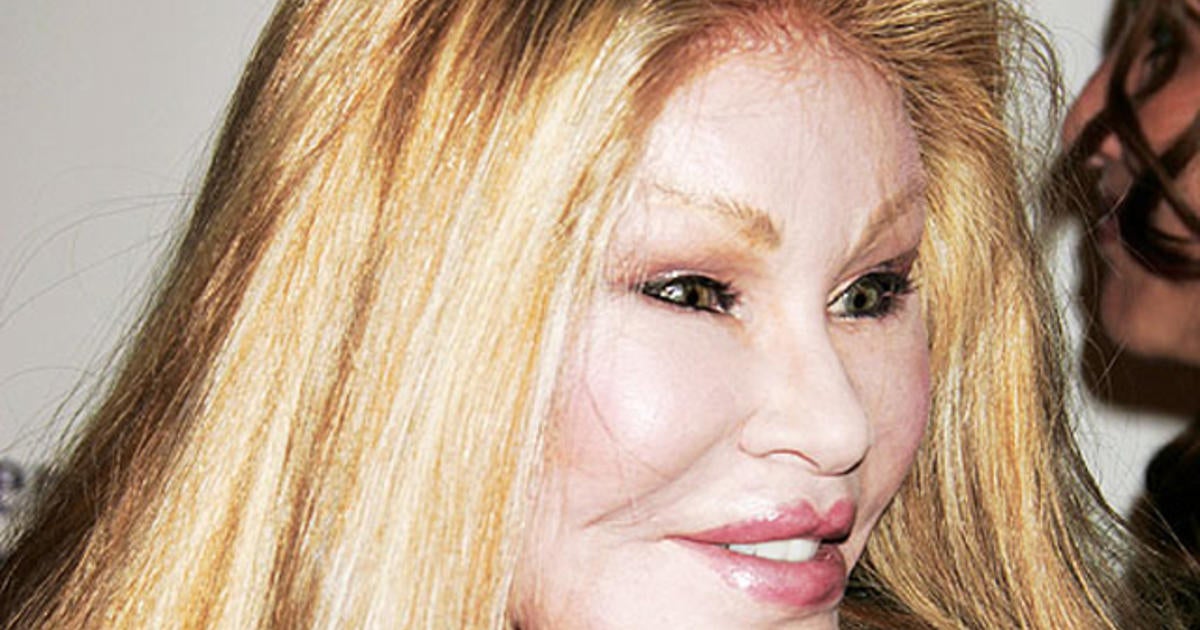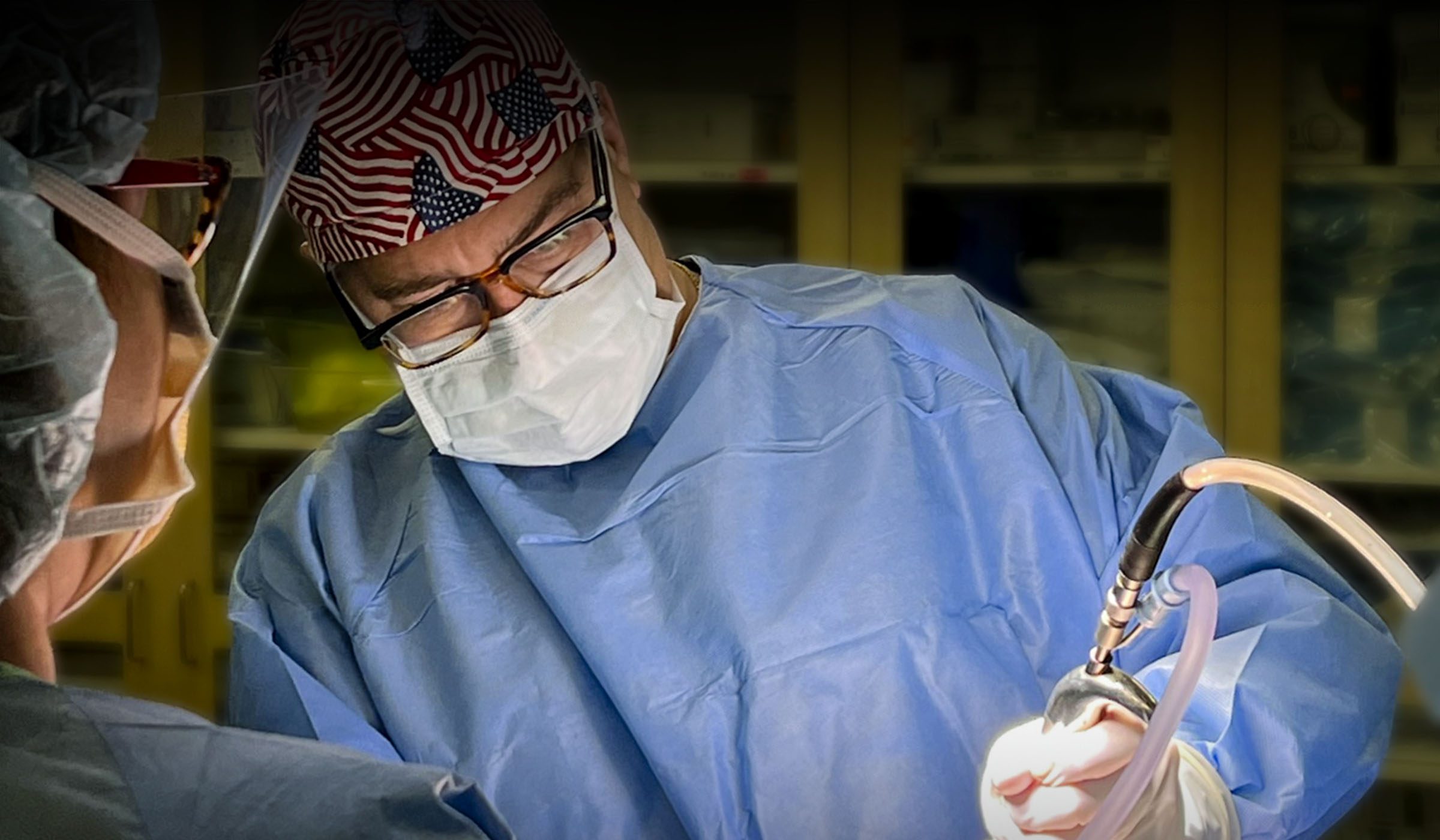Checking Out the Mental and Social Aspects That Drive People to Think About Plastic Surgery as a Way of Improvement
The decision to pursue cosmetic surgery typically expands past mere aesthetic appeals, intertwining with social and psychological dynamics that warrant thorough examination. Factors such as self-esteem, prevalent social beauty requirements, and the prevalent influence of social media merge to form specific motivations for surgical improvement. As these influences come to be significantly famous, understanding the underlying psychological and cultural contexts is important. What remains to be explored is the extensive effect these variables have not only on personal identification however also on wider societal standards and worths bordering charm and approval.
The Duty of Self-confidence
Self-worth considerably influences an individual's choice to pursue cosmetic surgical treatment. People with low self-worth typically regard themselves in a negative light, leading to feelings of inadequacy concerning their physical look.

Inevitably, the duty of self-confidence in the decision-making procedure pertaining to plastic surgery highlights the complex interplay between body picture, personal contentment, and psychological wellness. Understanding this connection is important for health care experts to ensure that patients are making informed choices rooted in practical expectations and emotional well-being.
Social Appeal Criteria
Influenced by pervasive media representations and social narratives, social charm requirements play a crucial duty fit people' assumptions of their own bodies. These standards are often identified by an idyllic type of charm that emphasizes attributes such as slimness, youthfulness, and balance. As these suitables are continued via different networks, including movie, advertising, and tv, people frequently internalize these messages, causing dissatisfaction with their natural appearance.
The effects of these societal standards extend past aesthetic choices; they can influence self-confidence, mental wellness, and interpersonal partnerships. Individuals who regard themselves as disappointing these requirements might experience feelings of inadequacy, triggering a desire for plastic surgery as a way of attaining societal approval. This search is often sustained by the belief that adapting to these perfects will enhance not only physical appearance however additionally social standing and personal fulfillment.

Influence of Social Media Site
The impact of societal elegance requirements is more amplified by the increase of social networks systems, where curated pictures and idealized depictions of beauty are ubiquitous. Users are continuously exposed to filtered and edited pictures, which frequently illustrate unattainable physical attributes. This exposure grows a society of contrast, leading individuals to evaluate their own appearance against these typically impractical standards.
Social media site influencers and celebs regularly advertise aesthetic treatments, stabilizing the notion that medical improvements are a practical methods for attaining social perfects (plastic surgery rancho cucamonga). The exposure of these enhancements can produce an understanding that going through cosmetic surgery is a typical practice, thus influencing people to take into consideration comparable treatments as a path to enhanced self-confidence and social acceptance
Moreover, the interactive nature of social networks enables for immediate feedback via likes and comments, further reinforcing the need to satisfy prominent charm criteria. Such interactions can intensify sensations of inadequacy and drive people toward cosmetic surgery as a way of getting validation. Ultimately, social media plays a crucial role in forming assumptions of elegance, which dramatically affects the decision-making procedures surrounding cosmetic surgery.

Cultural Viewpoints on Look
Across numerous cultures, assumptions of appearance are deeply rooted in historic, social, and economic contexts, shaping people' views on elegance and value. In many cultures, look functions as a significant marker of identification, affecting social status, specialist chances, and individual partnerships. As an example, in some cultures, light skin is often linked with wide range and opportunity, while others may glorify darker skin tones as icons of stamina and credibility.
Additionally, traditional elegance requirements are often perpetuated through social narratives, media representations, and family influences, causing varying perfects across different areas (plastic surgery rancho cucamonga). In Western societies, the emphasis on young people and physical fitness commonly drives individuals towards cosmetic improvement, while in certain Eastern societies, even more subtle adjustments lined up with typical aesthetic appeals might be preferred
Globalization and the expansion of digital media have actually further complicated these characteristics, developing a hybridization of beauty ideals that goes beyond geographical borders. As individuals significantly browse these social narratives, the pressure to adjust to particular look criteria can result in the need for cosmetic surgery, showing a complicated interaction of social worths and individual aspirations. Comprehending these social viewpoints is vital in resolving the see motivations behind plastic surgery considerations.
Psychological Impacts of Plastic Surgery
Lots of people looking for cosmetic surgical treatment report experiencing profound psychological impacts that can significantly alter their self-perception and psychological health - plastic surgery rancho cucamonga. The wish for physical enhancement frequently comes from underlying problems such as low self-esteem, body dysmorphic problem, or societal stress relating to charm requirements. For some, the prompt post-operative stage can bring about a momentary boost in confidence and complete satisfaction with their appearance, cultivating a sense of empowerment
However, these favorable feelings might not be withstanding. Research suggests that while some clients experience improved self-worth, others this page may face increased anxiety or clinical depression if their assumptions are not satisfied. This disparity can develop from unrealistic ideals continued by media representation and social narratives bordering appeal.
Additionally, the emotional ramifications of plastic surgery prolong beyond the person. Relationships with family and friends might be stressed as social dynamics change, resulting in sensations of isolation or alienation. Inevitably, the psychological effects of cosmetic surgical treatment are intricate and complex, calling for cautious factor to consider by both prospective individuals and doctor to make sure educated decision-making and practical expectations.
Conclusion
In final thought, the choice to pursue plastic surgery is considerably influenced by a mix of self-worth concerns, social appeal criteria, and cultural perspectives on look. The pervasive reach of social networks further intensifies these pressures, promoting unrealistic ideals that individuals typically make every effort browse around these guys to attain. Understanding these social and psychological elements is vital for resolving the inspirations behind cosmetic surgery, highlighting the requirement for a much more nuanced discussion surrounding appeal and self-acceptance in modern society.
The choice to pursue cosmetic surgical treatment usually expands past plain visual appeals, linking with mental and social dynamics that merit complete exam. Eventually, social media plays a critical function in forming understandings of elegance, which substantially affects the decision-making processes surrounding cosmetic surgical treatment.
As people progressively navigate these social stories, the stress to adjust to certain appearance criteria can lead to the need for cosmetic surgical treatment, mirroring a complicated interplay of individual goals and cultural worths.In final thought, the decision to pursue cosmetic surgery is considerably influenced by a mix of self-worth concerns, social beauty standards, and cultural point of views on look. Recognizing these emotional and social aspects is crucial for resolving the motivations behind cosmetic surgery, highlighting the demand for a much more nuanced discussion surrounding appeal and self-acceptance in contemporary society.